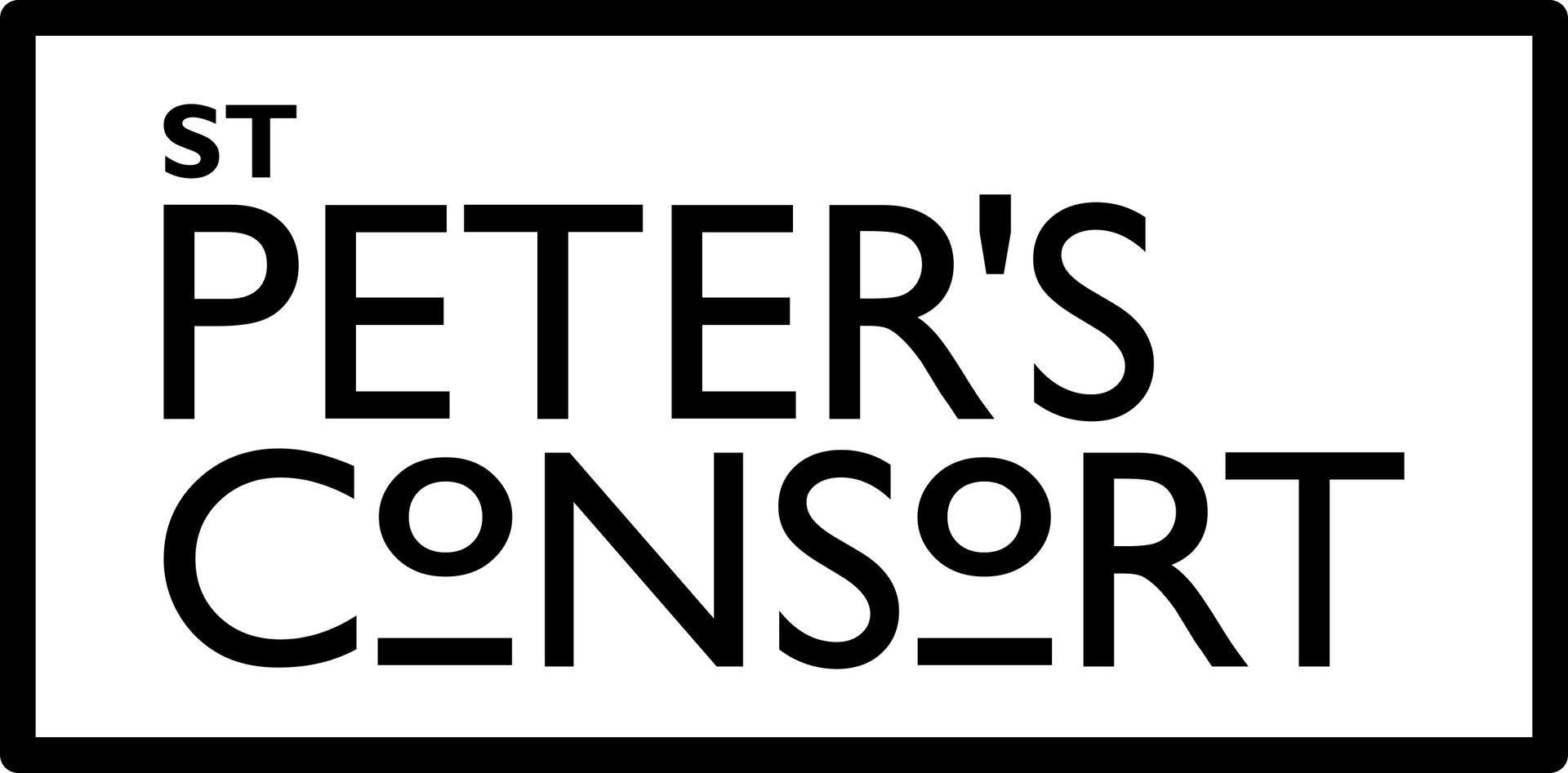More Info
"The Touches of sweet harmony" was a celebration of music from the British choral tradition, both sacred and secular, and spanning about 500 years of history, right up to the 21st century.
To open the programme, the Consort sang Henry Purcell’s majestic setting of the Te Deum. Written to be performed on St Cecilia’s Day (patron saint of music) in 1694, this work moves continuously between the imposing and the intimate, as the full choir is contrasted with sections for semi chorus. The alto solo “Vouchsafe, O Lord” is a particularly poignant moment. This was followed by Purcell's "Remember not, Lord, our offences".
The sacred choral tradition was further represented in "Civitas sancti tui" - William Byrd and "Faire is the Heaven" - William Harris. Civitas sancti tui is the second part of Byrd’s longer anthem Ne irascaris Domine, and exemplifies the composer’s skill in polyphonic writing. Harris’s anthem, is more chordal in texture, as the choir split into two groups that sang alternately and together, with rich harmonies that make this piece an undoubted classic. Between these two, Tom Moore gave an excellent performance of "Rhosymedre" - Ralph Vaughan Williams on the organ.
In keeping with the Musical Director’s plan for more contemporary repertoire, we included James Macmillan’s Song of the Lamb which was first performed in 2008. Setting words from Revelation, it is an exciting and innovative composition, with highly ornamented choral parts and colourful harmonies that show the influence of his teacher Kenneth Leighton. The organ part is also dazzling, and bears almost no relation to what the choir is doing!
The secular half of the programme included "The Blue Bird" - Stanford, "Music, when soft voices die" -Parry, and Full fathom five - Charles Wood. These were followed by Tom Moore's second organ solo "Spitfire Prelude" - William Walton, before the choir performed two wordless songs by Delius, full of jazzy harmonies and written almost like orchestral pieces, entitled "To be sung of a summer night on the water".
We concluded as we began, with a celebration of music itself. ’ "Serenade to Music" - Vaughan Williams (1938)- sets words from Shakespeare, and was originally written for sixteen soloists and orchestra. Most of the accompaniment was supplied by the organ, but we also welcomed Nicholas Meredith on solo violin. This piece is both gentle and exuberant, and was the perfect ending to an evening of British choral music.
